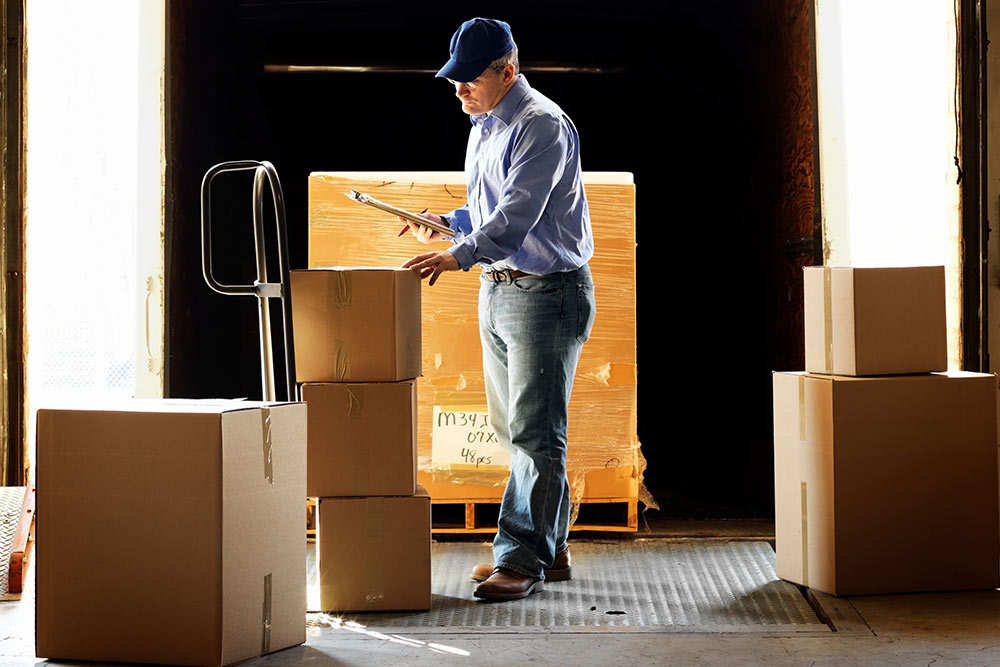What the Autumn Budget means for the logistics sector
04 Nov 24
Read more →

Despite there being a 7% drop in global carbon emissions due to coronavirus lockdown measures – the increased production of masks and gloves has caused a significant surge in single-use plastic. Disposable PPE aren’t the only items causing concern; since the start of the pandemic, anxious customers have been more inclined to buy food in plastic packaging, order takeout and be less conscious of their plastic usage.
Thankfully, the public appetite for sustainability remains undeterred, with 94% of Amazon UK shoppers admitting to being concerned about plastic. This shows how important it is for retailers, manufacturers and logistics providers to take single-use plastic out of the supply chain.
It’s certainly difficult for big conglomerates to reconfigure their entire operation in the name of sustainability. However, the logistical challenges haven’t stopped the likes of Tesco and John Lewis from making huge strides toward a plastic-free future.
In December 2020, Tesco announced that it had reached its target of removing one billion pieces of plastic from its UK business. In 2019, the supermarket chain met with 1,500 suppliers to clarify that it reserves the right to no longer stock products that use excessive or hard to recycle materials.
John Lewis has taken a similar strategy, removing 5p plastic carrying bags from its Oxford store to minimise the quantity of plastic it produces. By encouraging customers to bring a bag or buy a reusable one, it is estimated that they could save 5 tonnes of plastic a year.
In place of bubble wrap the retailer will trial new recyclable wrapping for china and glass products bought in the shop. Other businesses are following this example, employing recyclable plastic air pillows, made from compostable bio-film. These are much lighter than polystyrene, giving you the opportunity to carry more parcels per trip.

The independent 3PL provider, Allport Cargo Services, has also pledged to reduce single-use plastics across its business by 2021. The overall aim is to replace them with viable and sustainable alternatives, with a view to complete elimination. This is part of their ‘Doing well by doing good’ Environmental, Social & Governance (ESG) strategy, announced in 2019.
Agility Logistics also take sustainability very seriously. They believe that packaging should have a design that is as efficient as possible to minimise waste at every step – and optimise loads for transport too. The firm are currently using a linear, low-density, fully-recyclable polyethylene wrap/film for the majority of their pallet packaging. Agility also reuse paper containers – in the instances where these require replacement, the company will always buy newly recycled cartons.
According to new research by PreScouter, reusable packaging is the most promising replacement for single-use items alongside recyclable and biodegradable options. Besides being excellent in reducing a businesses environmental impact, reusable packaging can also help companies contain costs.
For their latest reusable packaging solution, Flexcon have taken inspiration from the auto industry’s collapsable containers that save space in trailers and eliminate wasted trips. This allows consolidation of multiple original loads of containers on the return trip, resulting in significant fuel savings on that transportation leg.

As mentioned before, businesses ahead of the curve in regards to sustainability are gaining popularity and a competitive advantage amongst young consumers. We recommend you make these changes as soon as possible in order to boost your own success.
If your office is stacked with plastic folders and stationery, it’s time to minimise your environmental impact and enter the Cloud! Using the latest software innovations, TrackTrans allows you to completely digitise your operation and go totally paperless – streamlining your business for a zero waste future!
Try our free demo and get started today.
See how TrackTrans can be tailored to your business with no obligation. Simply complete the form and a member of our sales team will contact your directly.